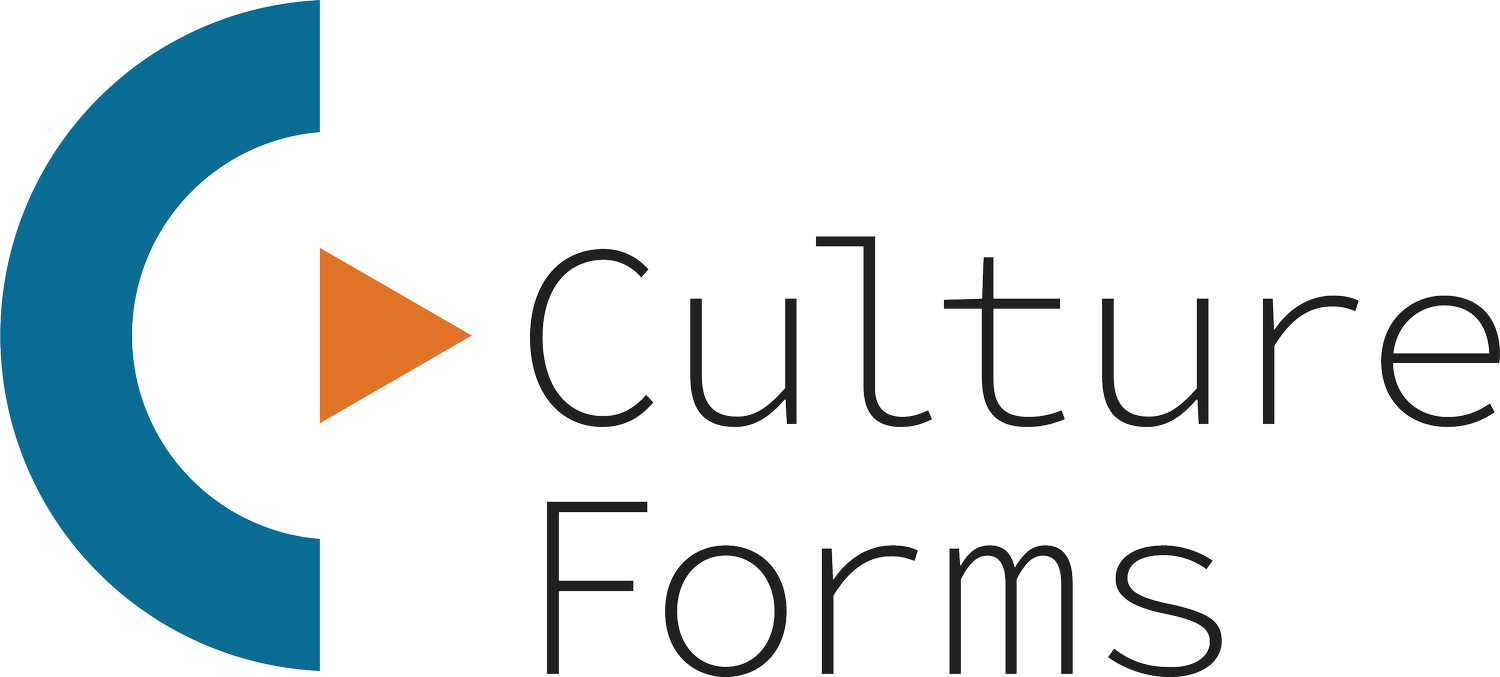Write the Log You Want to See in the World
When I started this (b)Log two-and-a-half years ago, I said that I had never blogged before.
It turns out that wasn’t true.
I had completely forgotten that I started a blog in January 2006, which I only became reacquainted with when, last month, I received an email from Blogger (quaint, yes, and now owned by Google), letting me know that if I didn’t log into the account (that had been inactive since 2007) within 60 days, the data would be permanently deleted.
Clicking on the link to a corner of the internet I hadn’t remembered, I was surprised to find what I had written one Monday morning 17 years ago. It wasn’t profound, but I laughed at seeing how seamlessly the two paragraphs echoed more recent writing — is there such a thing as a pre-echo? Can time go in two directions?
Earlier this month, I was talking to a colleague who was wondering about her own blog. She wished to get beyond the topics she regularly returned to, and I understood the sentiment myself.
I asked her if she might try writing whatever blog she most needed to read right now, along the lines of the common advice that we must write the poems and songs, make the paintings, and choreograph the dances that we are yearning to witness. (Come to think of it, that’s pretty close to how I feel about crafting facilitations.)
This is my 24th log. In the last few days, in lieu of resolutions, I’ve begun thinking of the questions I want to keep close in 2024. What can I write next year that I haven’t said yet? How can I coach myself into applying the same inventive tactics that I encourage clients to try on my own facilitation practice? What questions might I hope to be asking this time next year?
As questions continue to be a central engine of Culture Forms, I know this list will only grow. In the meantime, I’m eager for the window of unavoidable reflection that this time of year brings. (In case you missed it, I’m still reflecting on an excellent conversation about reading, attention spans, and how the world of screens has changed how we think.) Here’s to seeing what happens.
